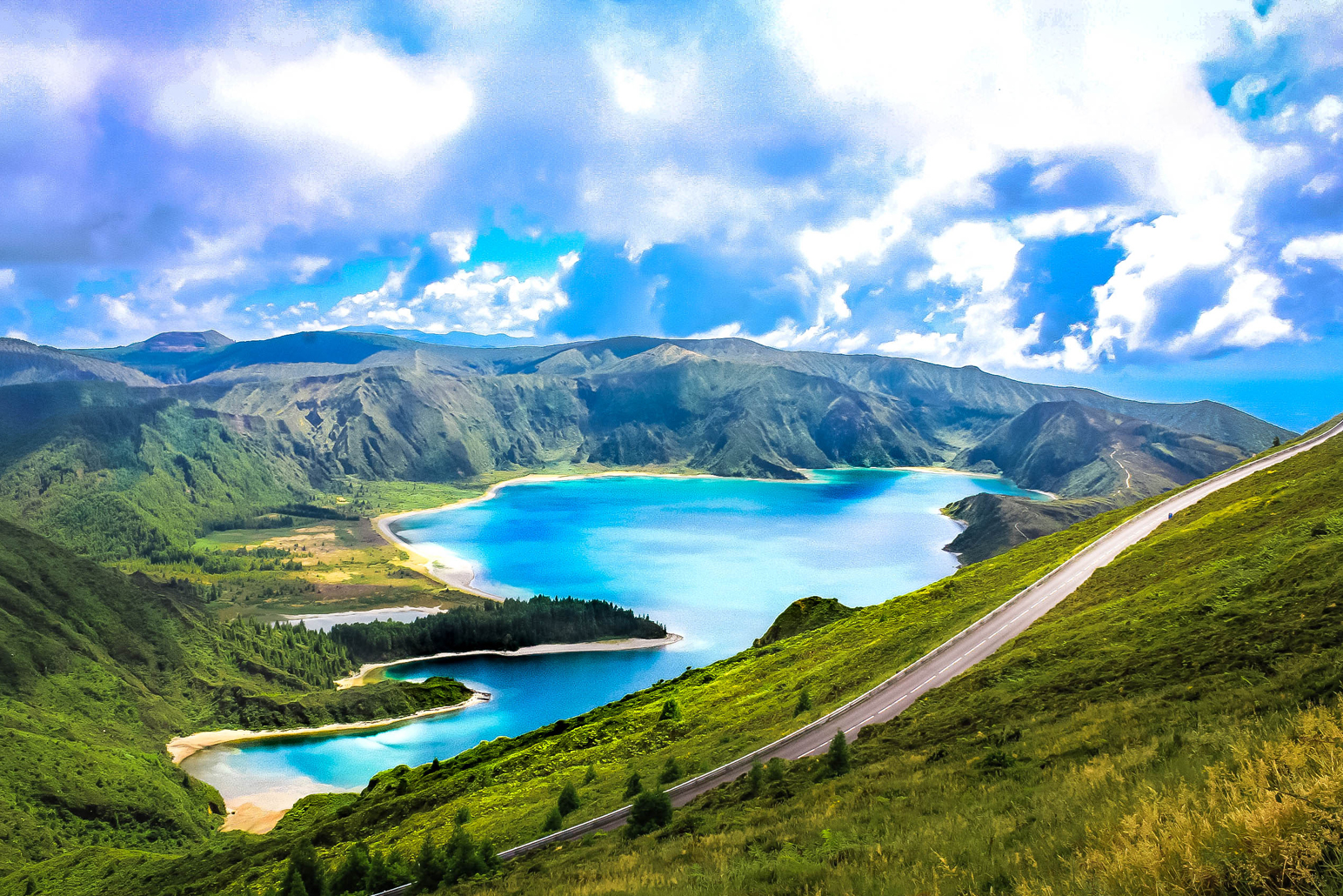Country Profile
One of the world’s most ancient nations, much of Portugal’s architecture is rooted in its rich history, which dates back to the 1500s when Portugal had a maritime empire. In the 15th & 16th centuries, Portugal grew to become what was the world’s first global empire. However, like all great empires, it too met with setbacks. The great earthquake of 1755 completely destroyed the capital Lisbon, after which Portugal lost most of its power.
Today, Portugal boasts of an excellent reputation, with a very high ‘Human Development Index’ ranking. It is considered to be one of the world’s most globalized, peaceful & stable nations with a very high quality of life. Being one of the oldest countries in Europe, it has a rich history, lively culture, stunning beaches & beautiful countryside. Diverse, beautiful & culturally arresting, Portugal, in many ways, offers bits of the best of all of Europe.
Portugal’s excellent geographical location makes it a stopover point for many foreign airlines at the many airports all over the country, which are –
Lisbon – Portela Airport
Oporto – Dr. Francisco Sá Carneiro Airport
Faro – Faro Airport
Funchal, Madeira – Funchal Airport
Ponta Delgada, Azores – João Paulo II Airport
Key Facts
- Location: South-west point of Europe and includes the Madeira and Azores archipelagos in the Atlantic Ocean
- World’s 4th most peaceful country and 15th most stable one
- 12th best public health system in the world, ahead of highly developed countries like the UK, Germany & Sweden
- Education: Home to several world-class universities & business schools
- Area: 92,212 sq km (35,603sq mi)
- Independence: 1910 – Republic proclaimed
- Capital: Lisbon
- Government: Semi-presidential Constitutional Republic
- Population: Just over 10 million (2022)
- Official Language: Portuguese
- Religion: Roman Catholic
- Legal System: Civil Law System
- Climate: Maritime temperature – cool & rainy in North, warmer & drier in South. The summers are hot and dry, especially in the inland areas. Temperatures are slightly lower in the coastal areas because of the influence of the sea
- Economy: Diversified & increasingly service-based economy. Tourism is a major contributor to the economy. One of Europe’s leading copper producers. Major industries in Portugal include tourism, wine, wood & cork, paper & pulp, machinery, electrical & electronics, automotive, shipbuilding, injection moulding, plastics & ceramics, textile, minerals, footwear, leather, beverages & foodstuffs, oil refinery, petrochemicals & cement. Modern non-traditional technology-based industries like aerospace, biotechnology & information technology have also been developed in several locations across the country
- Currency: EURO
- Literacy: 95.7%
- Time Zone: Same as GMT
- Calling Code: +351
- Member of the United Nations (UN), the European Union (EU) & Eurozone, the Schengen Ares, the OECD & also one of the founding members of NATO
